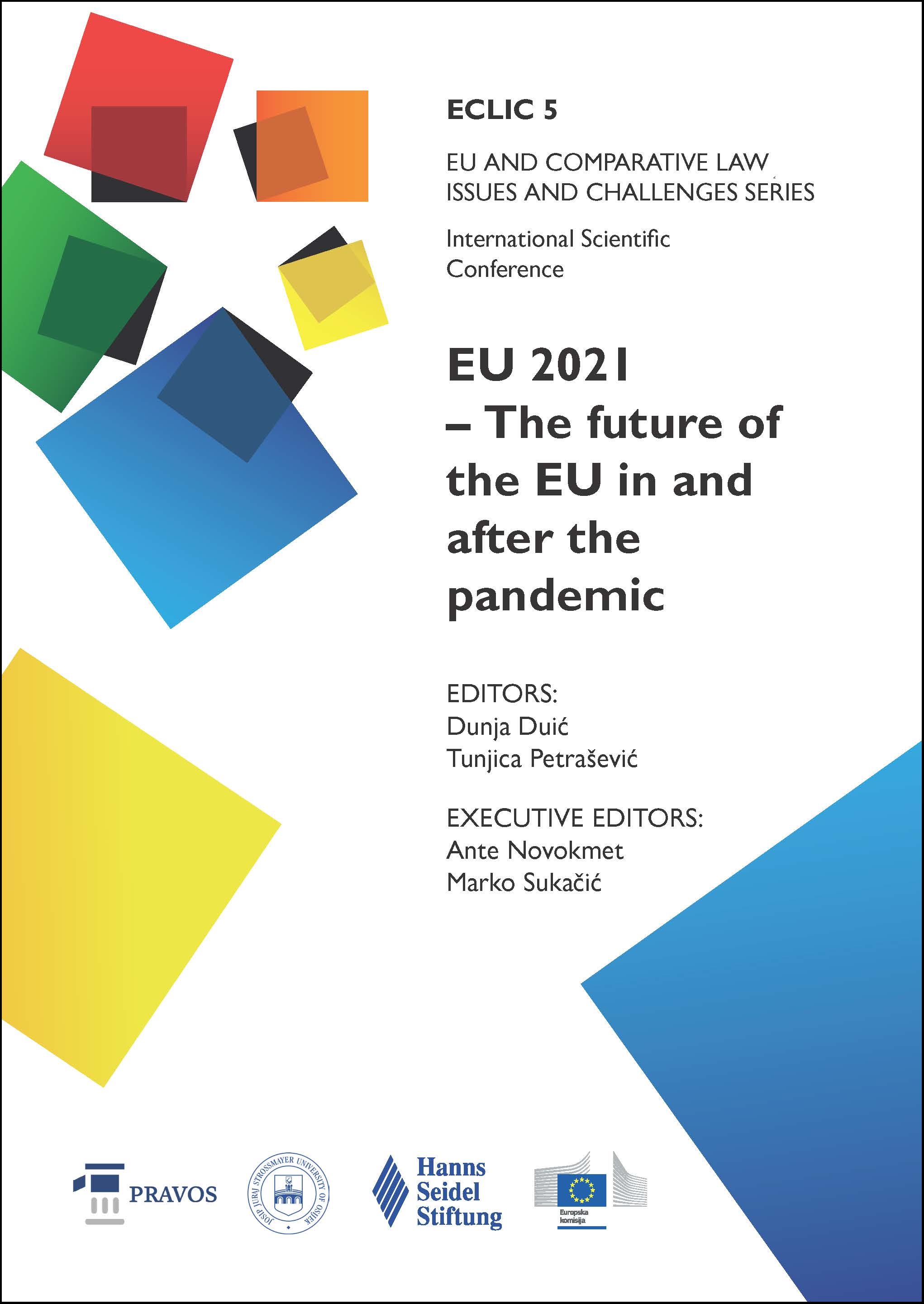IMPACT OF COVID-19 PANDEMIC ON CRIMINAL JUSTICE SYSTEMS ACCROSS EUROPE
DOI:
https://doi.org/10.25234/eclic/18307Abstract
Last year the Europe and world were facing with COVID-19 outbreak that put at the risk lives of the people and capability of healthcare systems to provide their services. To prevent spread of the COVID-19 governments have imposed restrictive measures, while some of them declared state of emergency. The response to the pandemic influenced on the functioning of the criminal justice system and daily operation of courts, but also on the substantive criminal law since some states are applying criminal law to violation of restrictive measures or to criminalizing disinformation on COVID-19 outbreak. Outbreak of COVID-19 revealed new trends in criminal law like accelerated introduction of new crimes during pandemic, extremely flexible interpretation and rapid changes of criminal laws, which tend to be threat for legal stability and human rights protection. In addition, populist governments tend to use that new trend as a tool in suppression of political dissidents. COVID-19 pandemic has posed unprecedent challenges to the functioning of judiciaries. Courts and prosecution services were working with limited capacities to ensure social distancing. Some countries introduced ICT tools and fast-track procedures to organize hearings, which raised question of procedural rights and protection of rights of defendant. In the article authors assessed whether derogation of fair trial rights was in the line with standards of international human rights law and if introduction of state of emergency and restrictions were proportionate, time limited and needed and whether they changed understanding of the fundamental rights protection, especially right to a fair trial. Furthermore, authors explore whether COVID 19 changed perception of criminal law and legal certainty. Authors assessed how restrictions in the organization of judiciary work influenced on human rights protection and citizens trust in judiciary. Consequently, authors assesses whether some of introduces changes, especially use of ICT tools made permanent changes in operation of courts and understanding of access to justice. Finally, authors are assessing whether these changes tend to erode judiciaries or put into the risk access to justice in the EU members states and candidate countries or whether they jeopardized EU principle of mutual trust.
Downloads
Published
How to Cite
Issue
Section
License
Copyright (c) 2021 Marina Matić Bošković, Svetlana Nenadić

This work is licensed under a Creative Commons Attribution-NonCommercial 4.0 International License.
Authors retain the copyright on the papers published in the Journal, but grant the right of first publication to the Journal. Papers accepted for publication or already published in ECLIC of the Faculty of Law in Osijek may be published by the author(s) in other publications only with proper notice of its previous publication in ECLIC.


